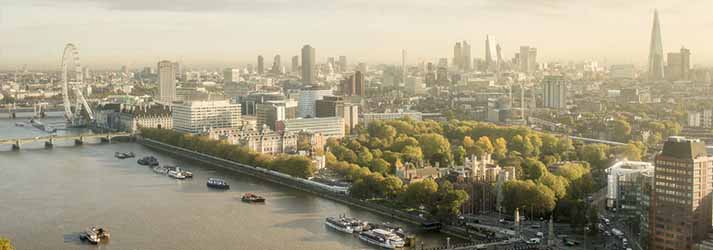Apart from some gloomy rhetoric, there were few clues at the Labour party conference as to who will pay to fill the fiscal black hole.
- The incoming government has a painful inheritance, with the structural deficit sitting at over 100% of GDP.
- The government needs to raise cash and to curb spending, and its current plans won’t cut it.
- Pension tax relief seems the most fruitful target, potentially raising more than CGT or IHT.
The Labour party conference shed little light on the likely outcome of the October budget. There were the familiar refrains about ‘tough choices’ and ‘painful decisions’, and the new favourite about those with “the broadest shoulders” bearing the burden. As investors nervously eye their portfolios, is it possible to draw any conclusions about the changes coming our way?
Whatever the truth of the ‘black hole’, it is clear that the incoming government has a painful inheritance. The structural deficit rose 4.3 percentage points in the 12 months to August, leaving it at over 100% of GDP. Public services are in a horrible state, growth is stagnant, and investment is at rock-bottom.
It needs to raise cash and it needs to curb spending. Its current plans – raising VAT on school fees, cutting the winter fuel payment and levying taxes on the oil and gas providers is unlikely to be enough to plug the gap. This has left investors nervous about where the Chancellor may raise taxes. While she has promised not to raise taxes on ‘working people’, the definition is woolly and may not include people who used to work, people who currently work but for a high salary, and working people who pay for the ‘wrong stuff’ such as private schools.
Chancellor Reeves has also committed to growth. That makes draconian changes to capital gains tax or the various reliefs around inheritance tax difficult because it may curb investment. Perhaps more importantly, it may also not raise any money. It is noteworthy that capital gains tax revenues have risen as the rates have fallen - most investors and property owners have a choice about when they sell. This argues against significant rises for either tax.
Pensions could be in the spotlight. There are many tax sweeteners with pensions ripe for readjustment. A flat rate of tax relief is possible, which might achieve a balance between encouraging people to invest, while saving cash on higher rate tax relief. The government has confirmed it will leave the tax-free lump sum and lifetime allowance alone, but the ability to pass on pensions to heirs free of tax could be vulnerable. The IHT nil rate may also be cut.
There is a sense that some of this is fiddling while Rome burns. CGT raises just £15.4bn per year, while IHT raises £7.5bn and small moves in the rates would not be enough to plug the deficit. Pension tax relief is the big one, currently costing the government over £50bn. If I was the Chancellor, I think that’s where I’d start.









